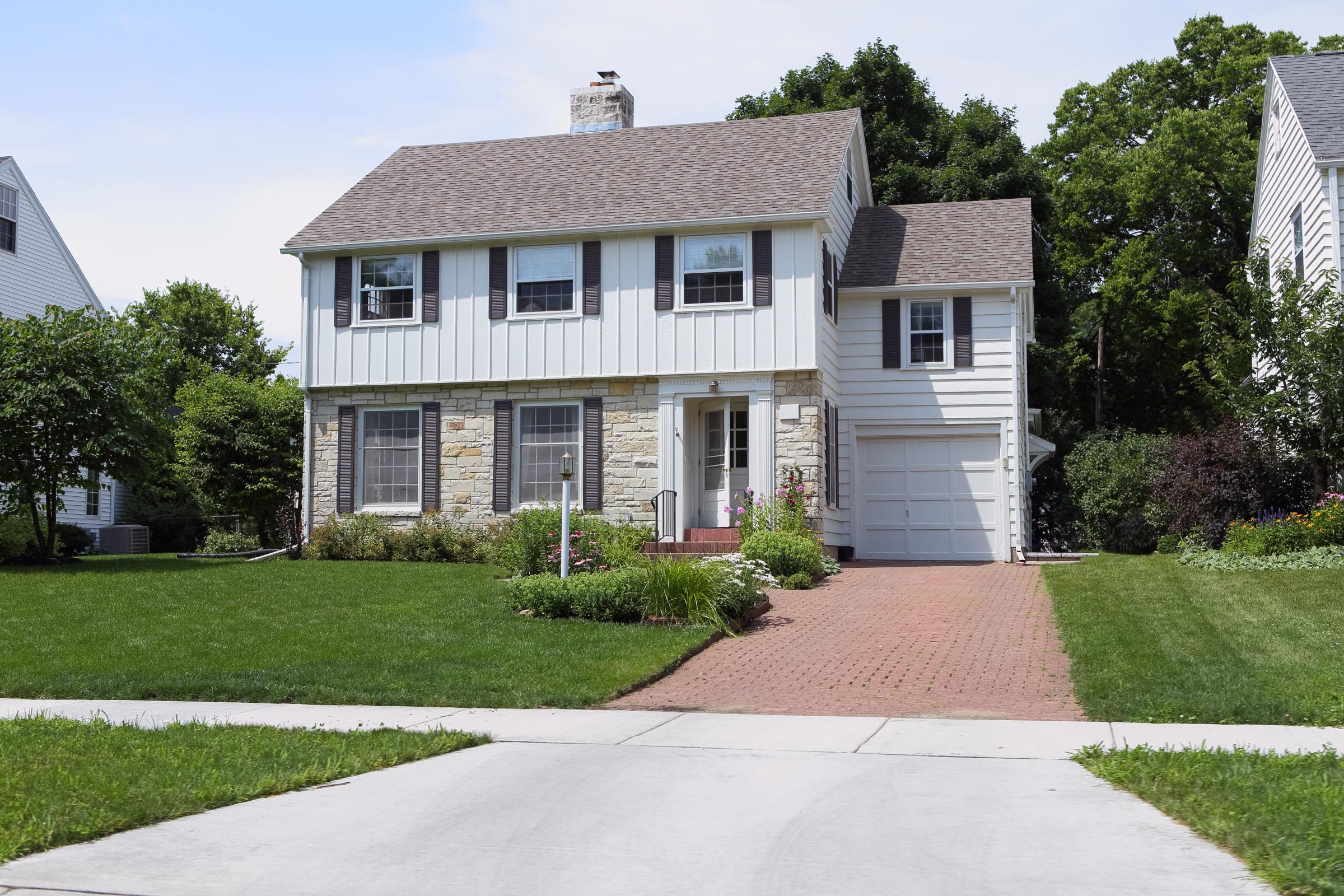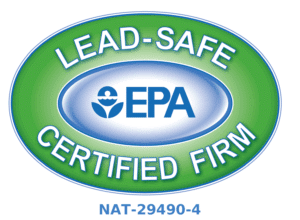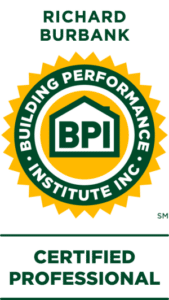Without proper insulation, your basement can allow:
Heat to escape, driving up energy bills
Cold floors to chill your living spaces
Moisture and soil gases like radon to rise into the air your family breathes
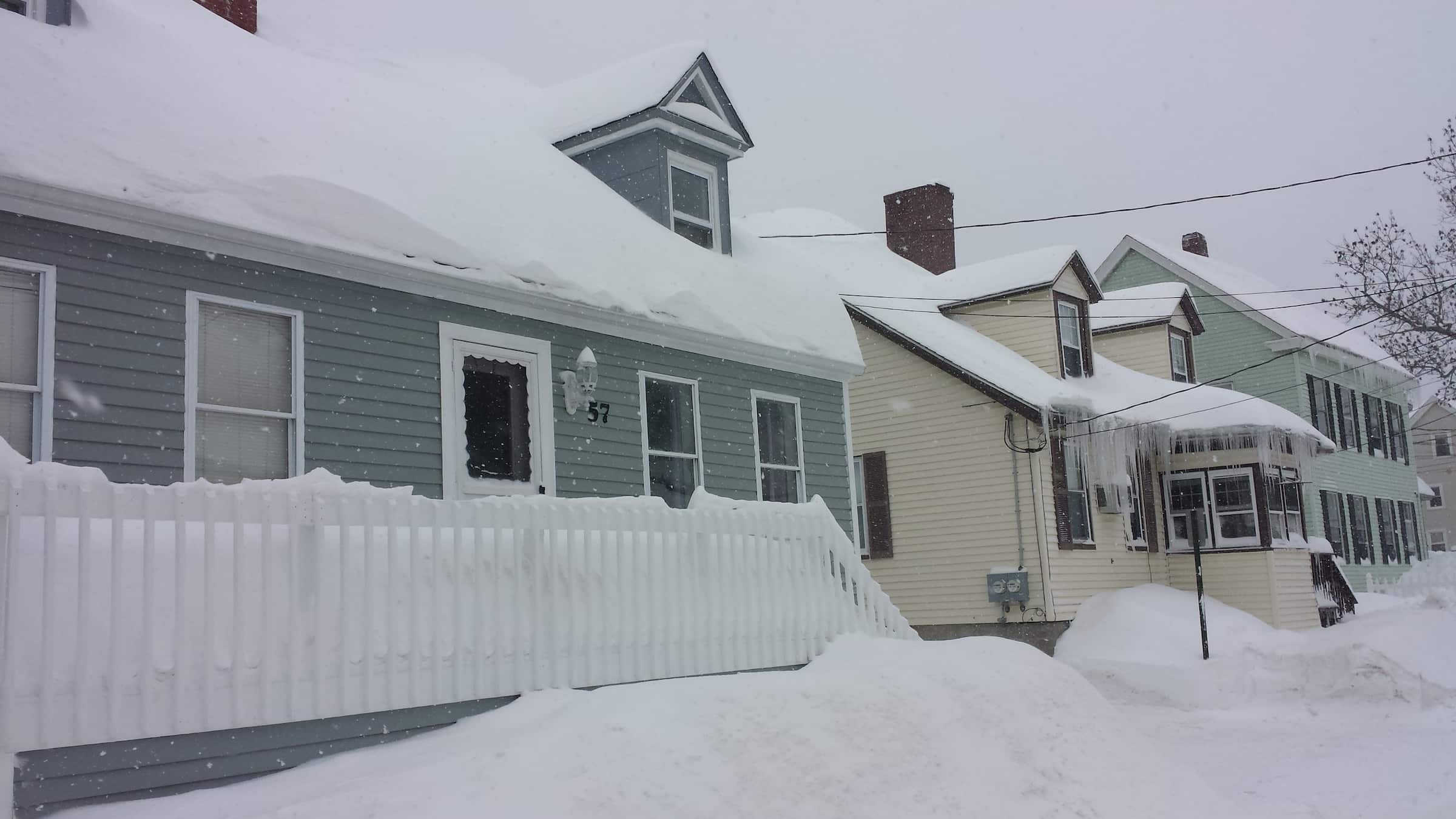
Why Basement Insulation Matters in Maine
In Maine’s harsh climate, your basement is the foundation of your home’s comfort, efficiency, and air quality. Many Maine homes—especially older ones—struggle with air leaks, bulk water intrusion, radon risks, and a lack of insulation.
At Evergreen, insulation is part of our comprehensive basement waterproofing services. Depending on your home’s age and construction, we may recommend insulating the perimeter foundation walls, the floor system above your basement, or both.
The earth beneath your basement stays around 55°F all year long, and early settlers hand-dug foundations to take advantage of that natural shelter. Today, we pair that time-tested knowledge with modern building science to keep your basement dry, insulated, and protected from soil gases.
For nearly two decades, Evergreen Home Performance has helped insulate and air seal basements throughout Southern and Coastal Maine, including Portland, Rockland, and more, creating a healthier home from the ground up.
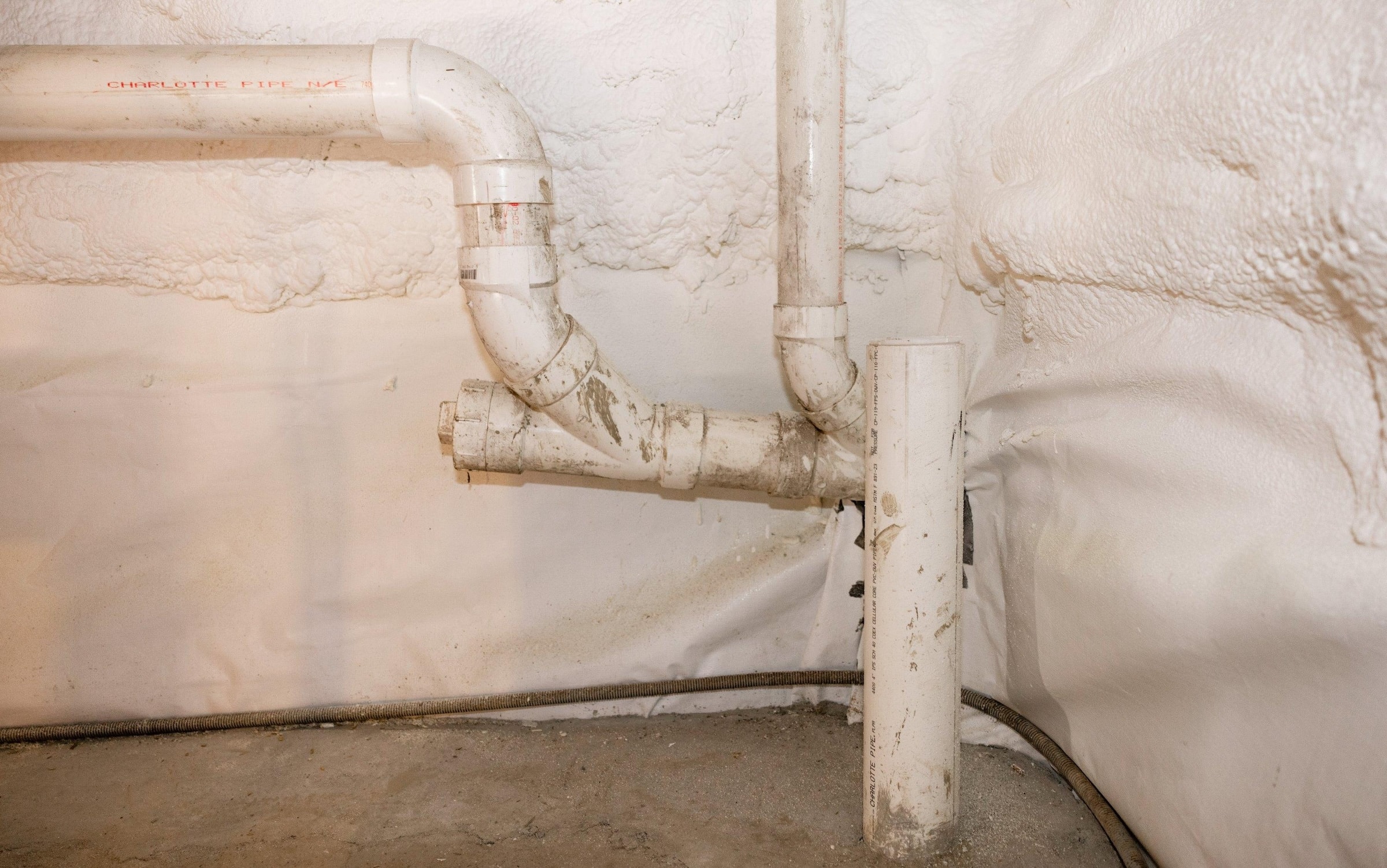
What Kind of Insulation Works Best in a Maine Basement?
The right insulation for your basement depends on your home’s age, foundation type, and your goals for comfort and efficiency. At Evergreen, we offer a range of solutions to meet your needs, all of which qualify for Efficiency Maine rebates:
Spray Foam Insulation
- Best for older homes with stone or rubble foundations
- Creates an effective air and thermal barrier
- Typically applied from the underside of the floor system at the sill down to 2 feet below grade
- Overlapped with vapor barriers during encapsulation or waterproofing for a continuous seal
Rigid Foam Board Insulation
- Best for modern poured concrete or block foundations
- Mechanically fastened to the wall for a durable, continuous insulation layer
- Installed from the top of the foundation down to at least 2 feet below grade
- Often combined with vapor barriers as part of a comprehensive waterproofing system
Cellulose or Rockwool Insulation
- Often used when homeowners prefer to avoid spray foam
- Dense-packed into floor systems
- Combined with air sealing to reduce leaks between basement and living spaces
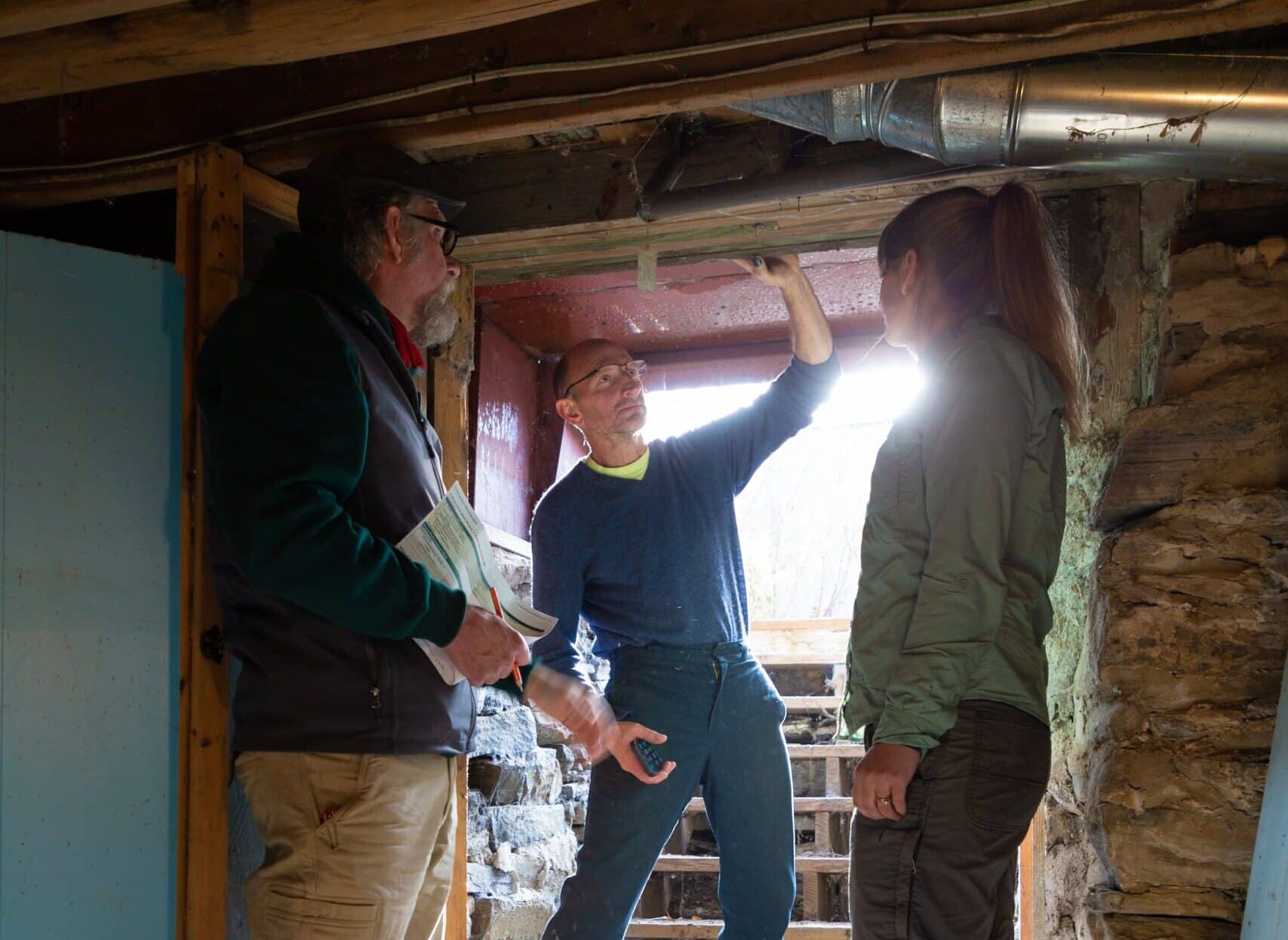
Where & How We Insulate Maine Basements
We tailor each project based on your home’s specific needs:
Foundation Walls
- Insulated from the sill plate down to at least 2 feet below grade
- Reduces heat loss and keeps basement temperatures more stable
Floor Systems
- Insulate and air seal floor cavities above basement or crawlspace
- Type of insulation used depends on plumbing, wiring, and accessibility
- Materials include spray foam, dense-packed cellulose, or rockwool
Crawl Spaces & Encapsulations
- Insulation—especially spray foam—is overlapped onto a vapor barrier for a continuous protective seal
- Controls moisture, air leakage, and soil gases like radon
Best Basement Practices: Insulation + Moisture Control
Basement insulation works best when part of a comprehensive basement waterproofing strategy, which includes additional measures specifically designed to combat moisture, including:
We’ll help you identify the unique needs of your home and prioritize the right steps in the right order.
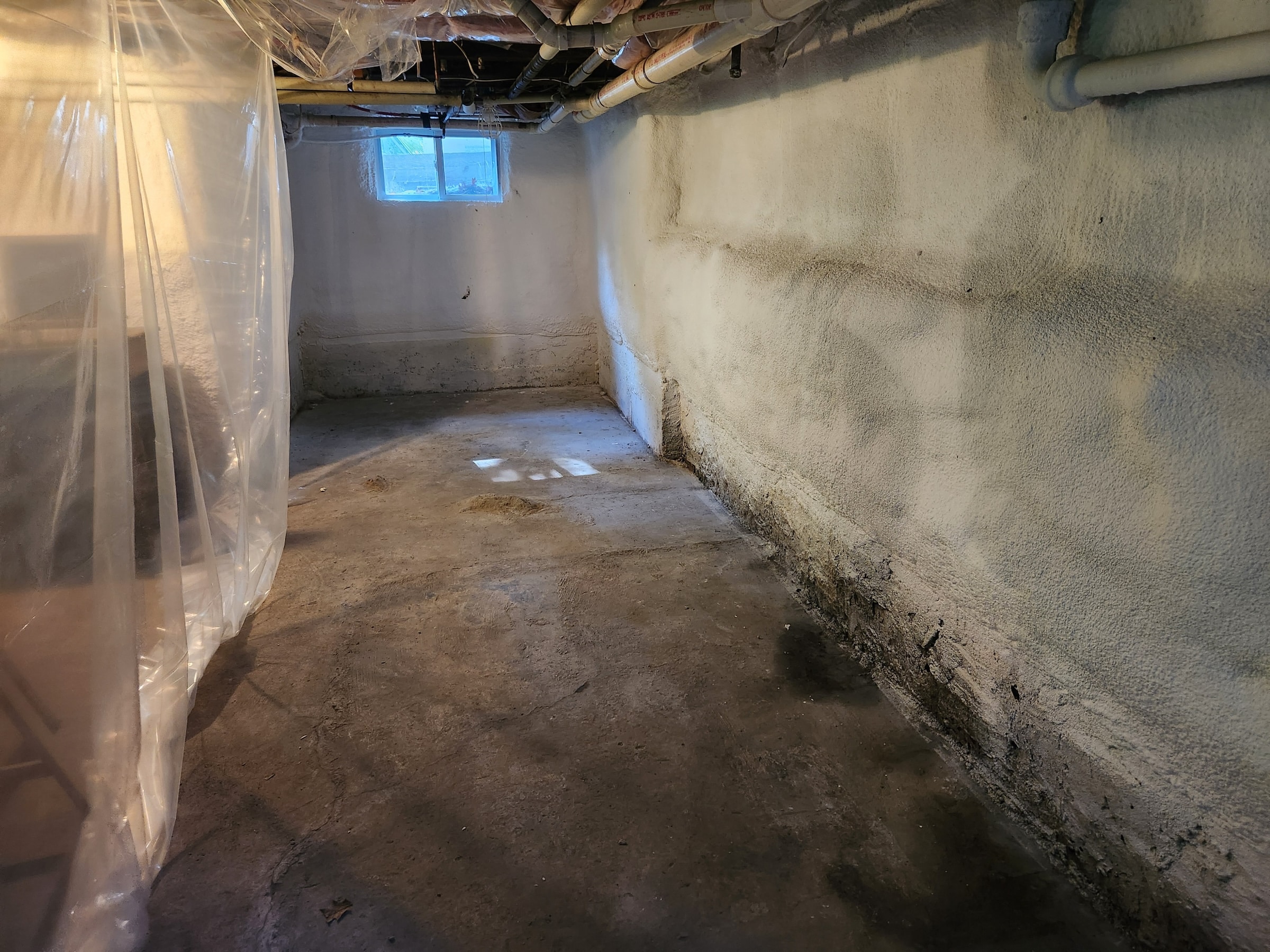
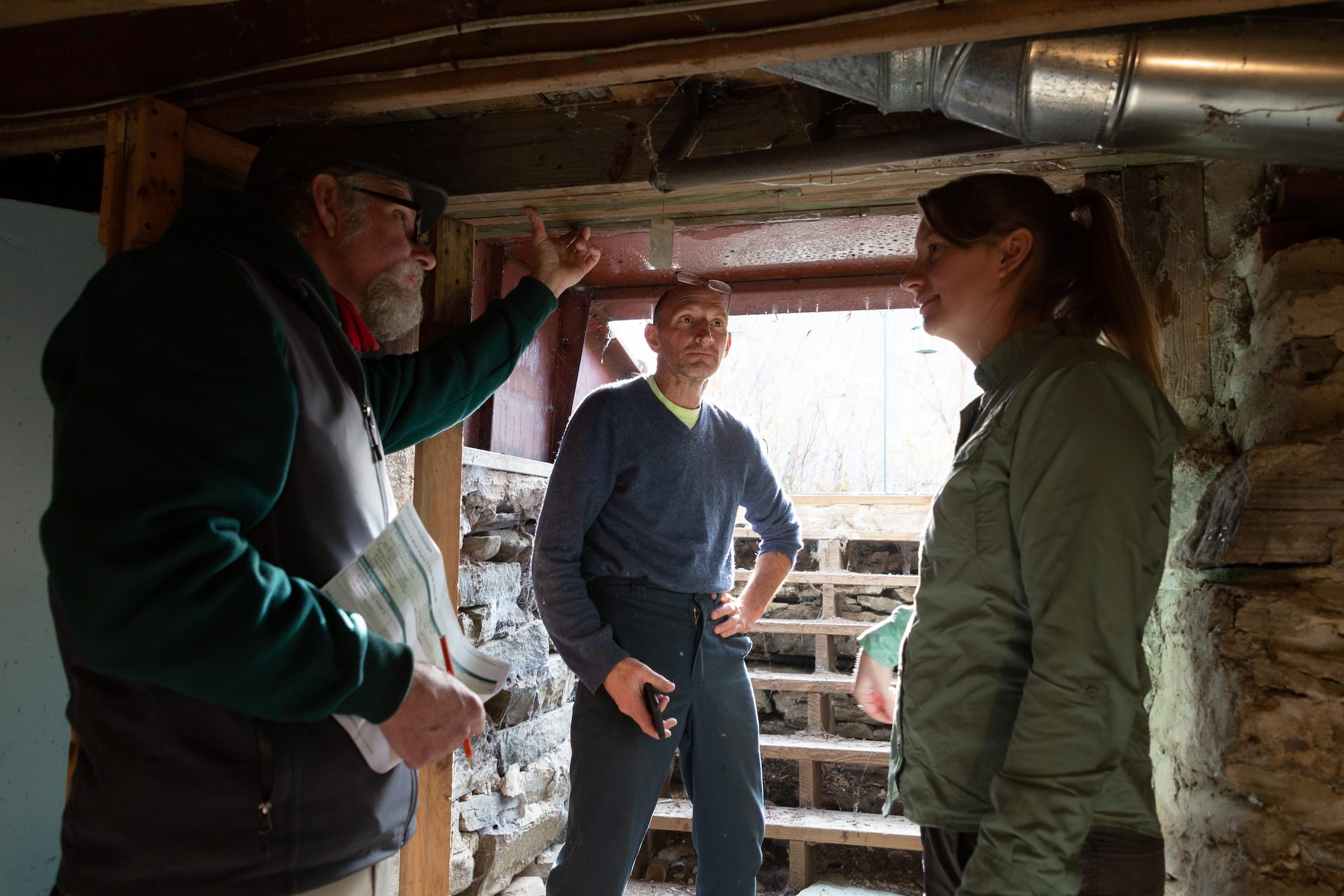
Your Trusted Maine Basement Insulation Team
We’ve helped thousands of homeowners in Portland, Rockland, and across the coast create homes that are warmer, healthier, and more efficient—starting in the basement.
- Efficiency Maine insulation rebates up to $8,000
- Financing as low as $50/month
- 4,500+ homes improved since 2006
- Deep expertise in building science and energy performance
